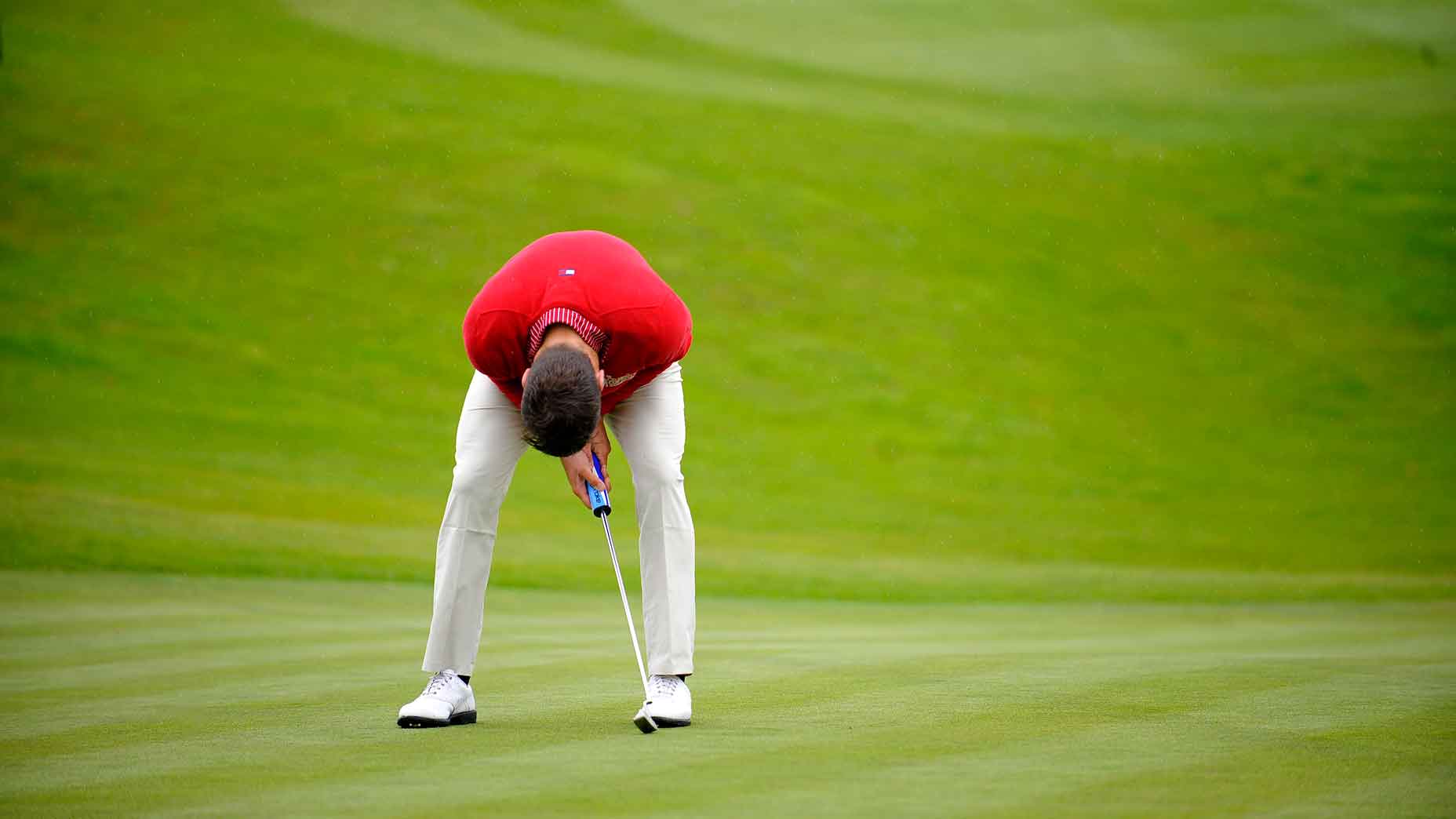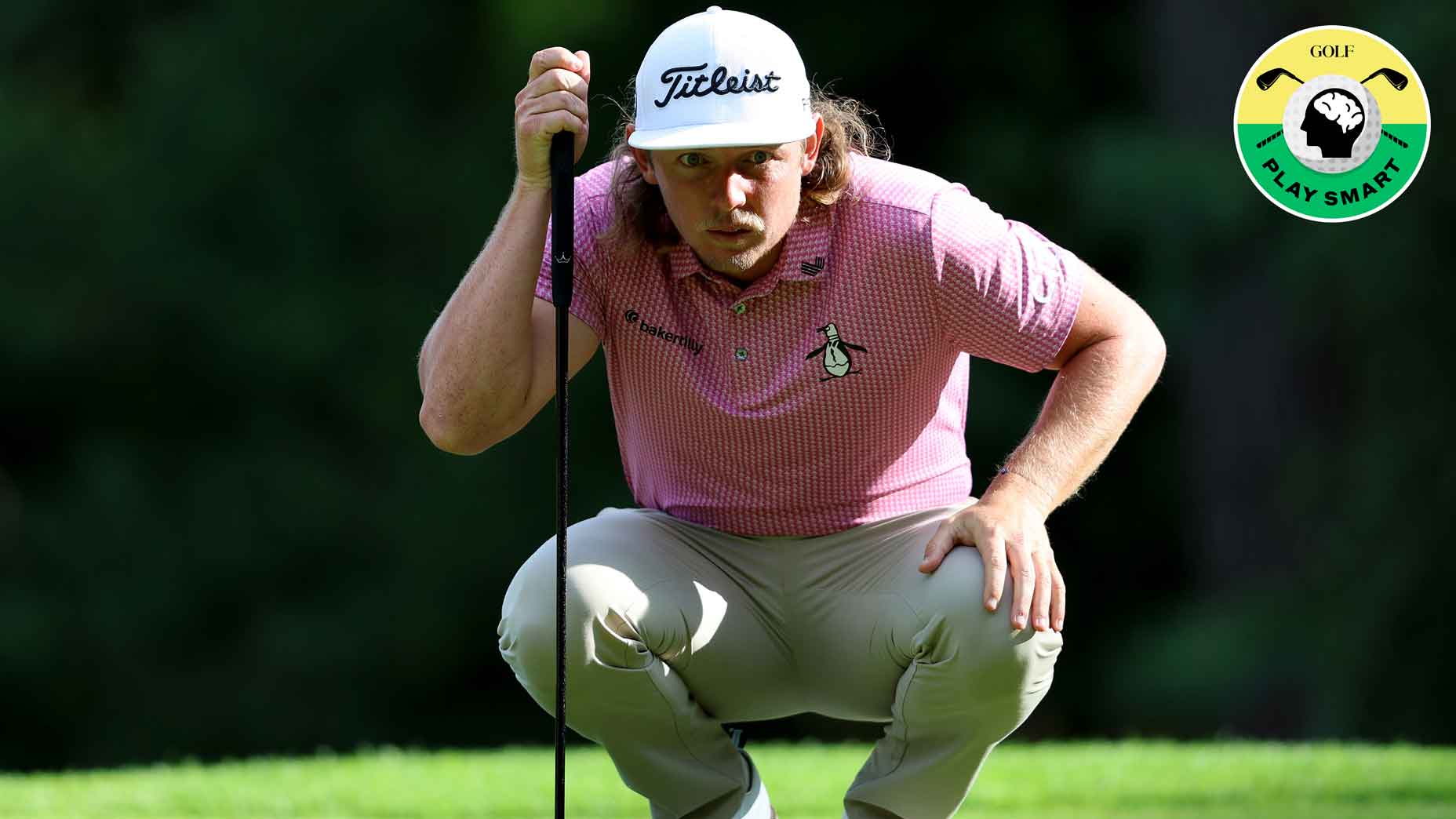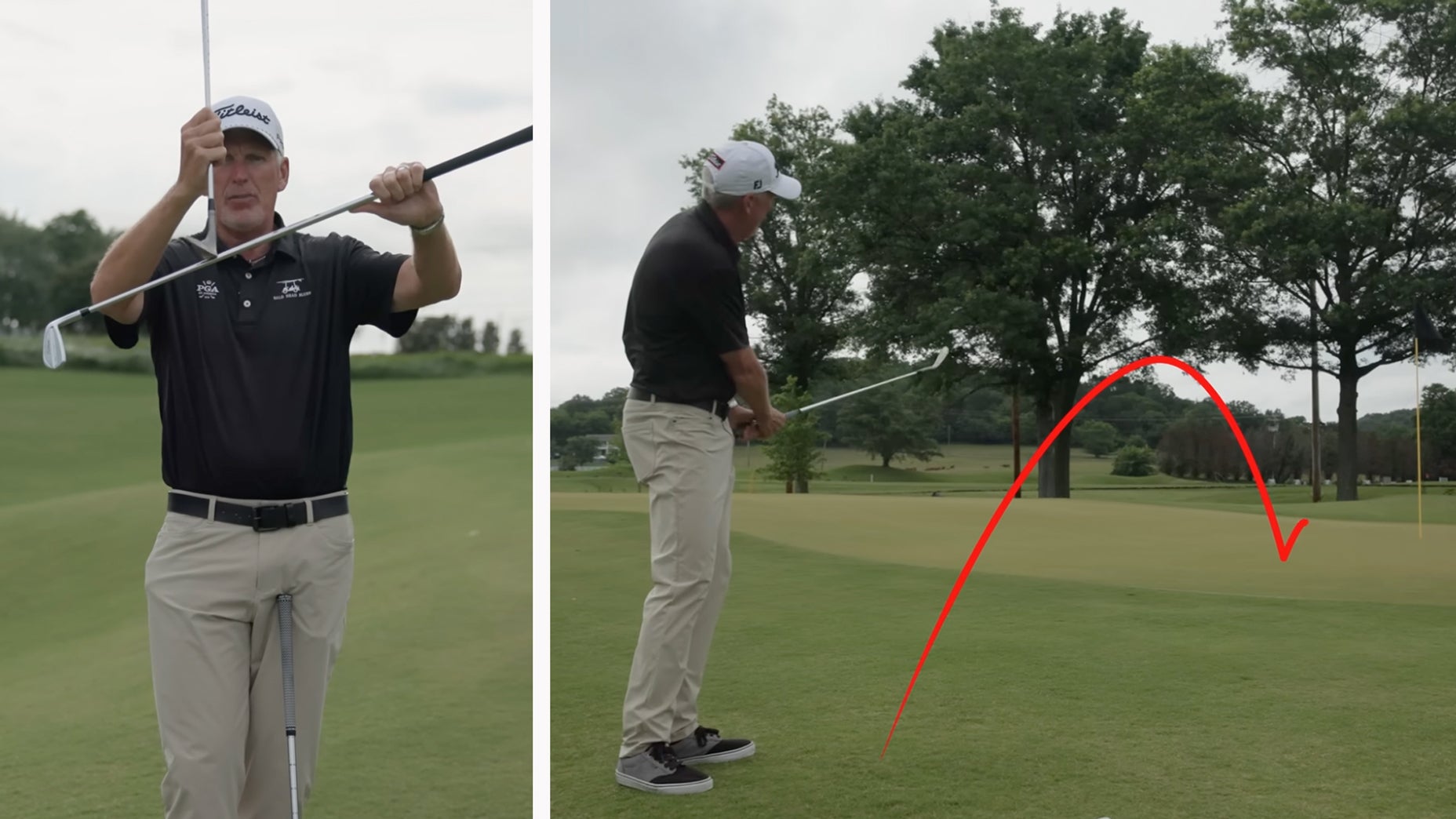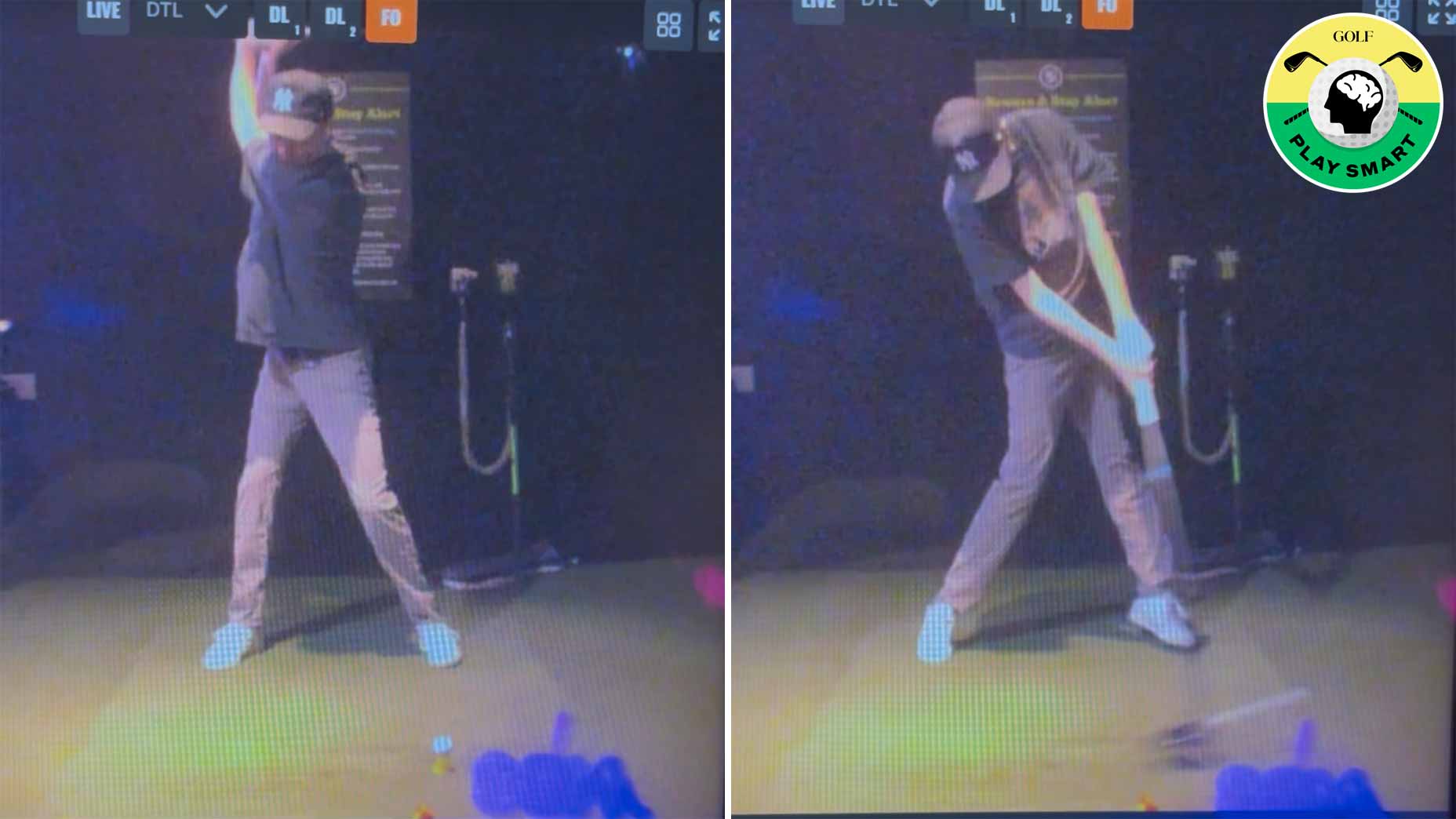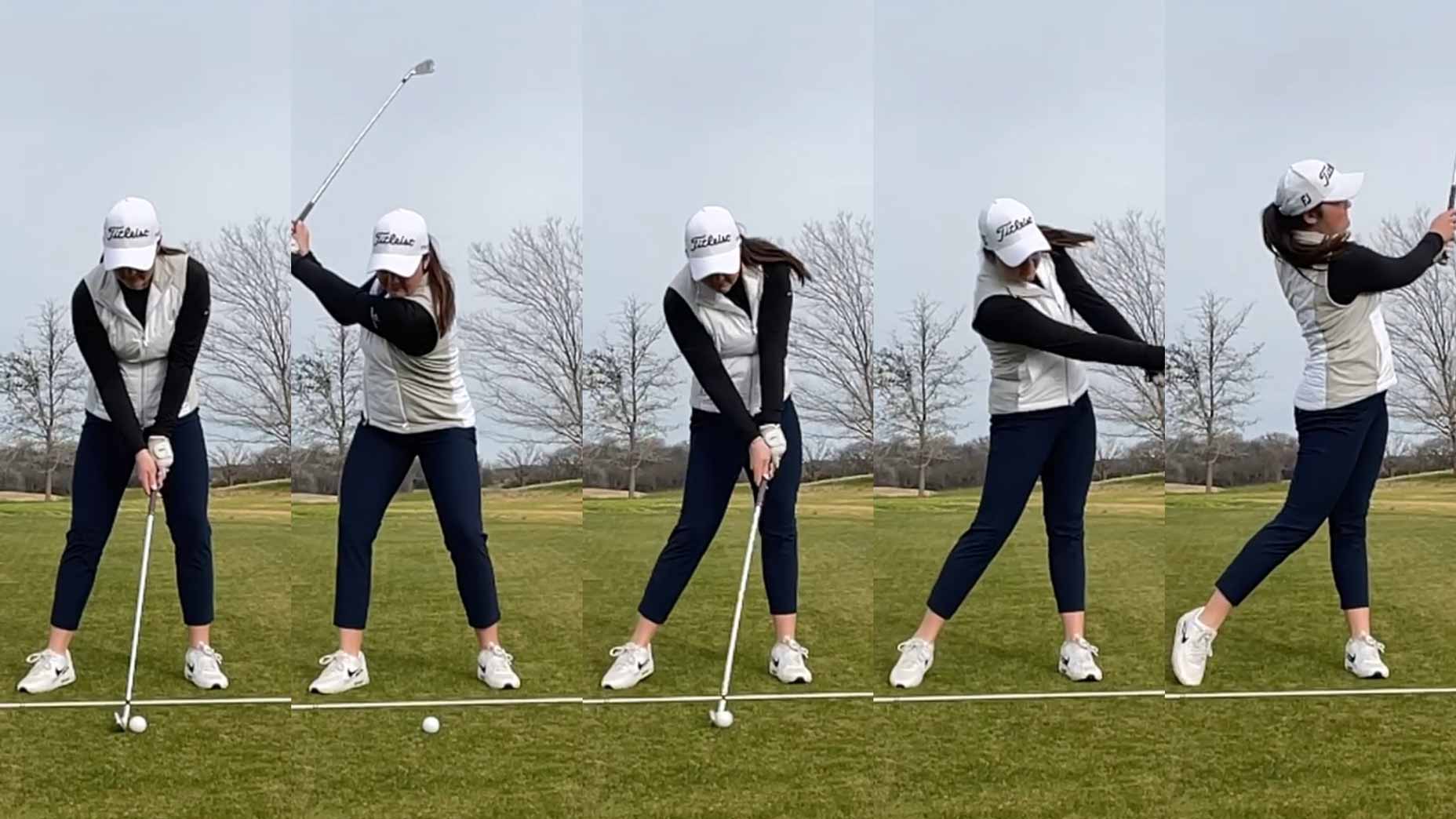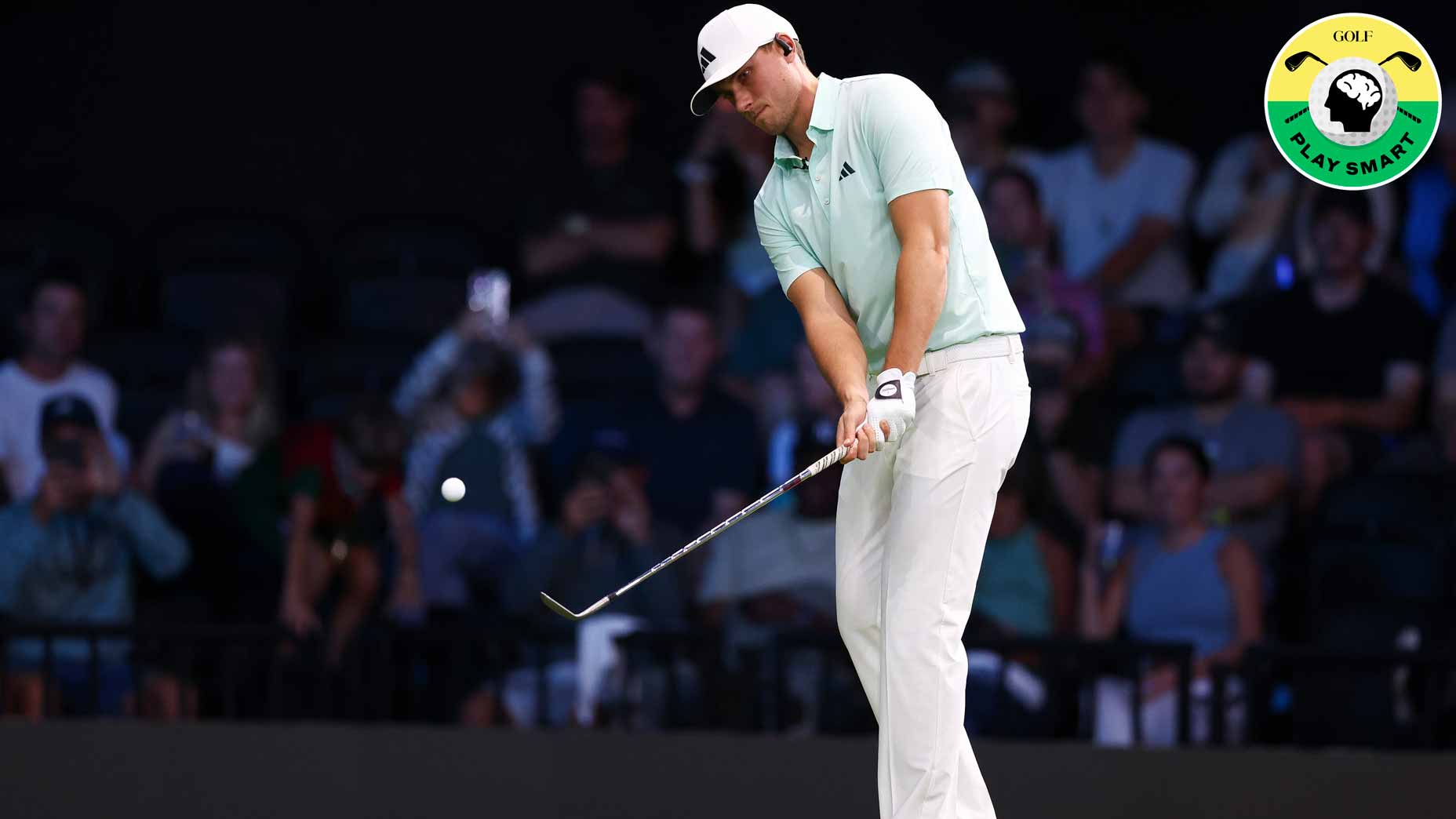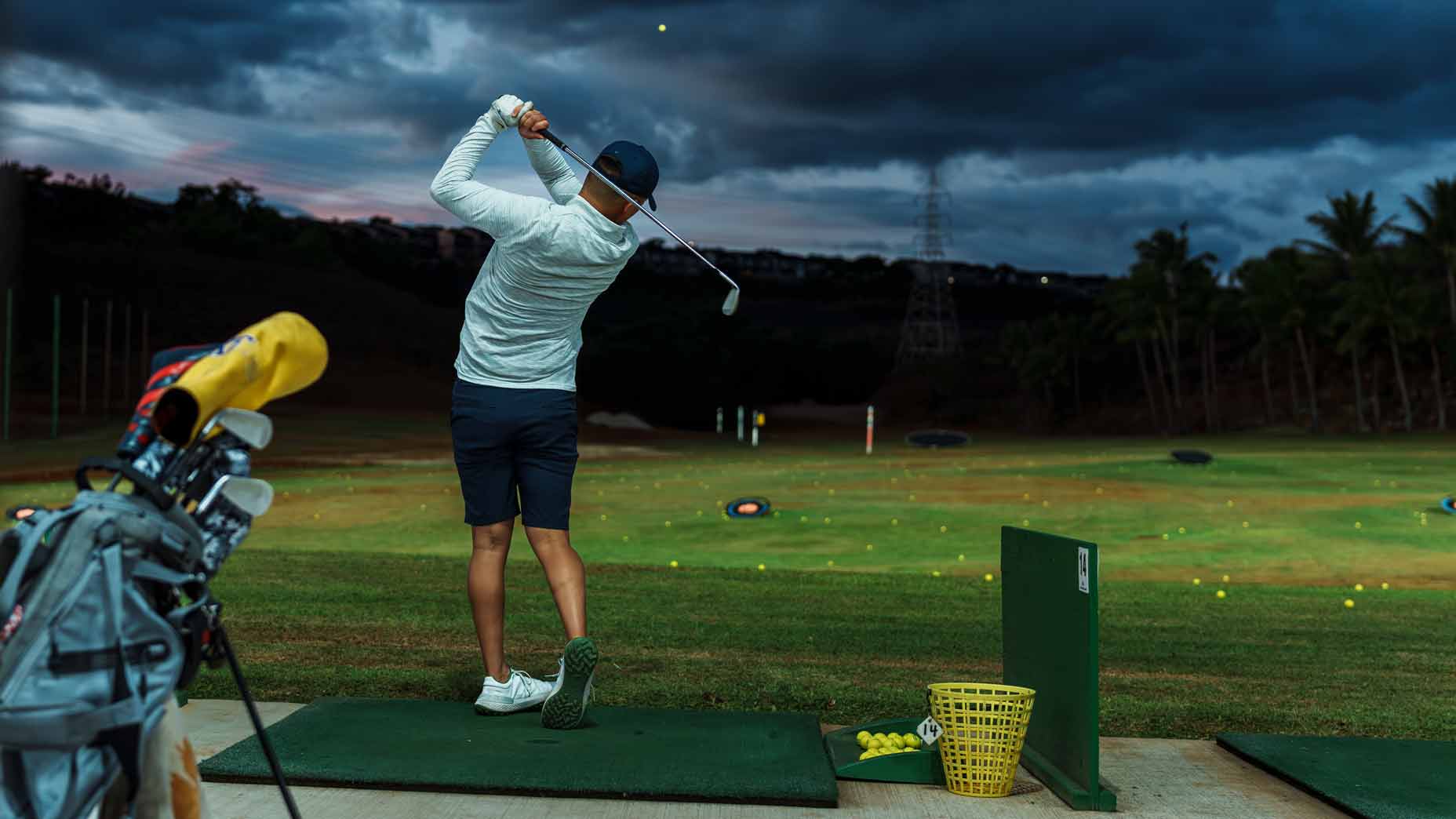While every golfer would happily welcome more birdie opportunities, did you know that par putts actually cause more pressure? That’s according to research from neuroscientist Dr. Izzy Justice, who often shares his analysis online and on social media.
But there’s a good reason why the tension gets a little higher when standing over a par putt: the brain knows there’s a consequence of missing.
“With par putts, the brain knows that there’s going to be a score here,” says Dr. Justice. “If I don’t make this putt, it’s going to be a bogey; it’s going to be something not good. You should know that. You should know that you’re feeling something in your head, and there’s a lot of intensity to this putt.”
In the video below, Dr. Justice discusses ways to manage those intense feelings, allowing yourself to control the situation as best you can.
We often hear athletes (in any sport) talk about how playing looser and with more freedom allows them to be at their best.
For instance, when an NFL quarterback stops trying to force things and allows the game to come to him, he often stops making mistakes (like incomplete passes or interceptions). Instead of the need to be perfect, he just controls what he can, knowing he’s limiting the risk or consequence.
Sure, it’s difficult to control what your brain signals are sending to your muscles, but that’s where Dr. Justice says players must embrace the situation for a better outcome.
Cameron Smith avoids practice strokes while putting. Here’s why it worksBy: Nick Dimengo
“Because there’s higher activity in the brain, the signal to your muscles is going to be vibrating much higher,” he says. “So you’re more than likely going to hit a putt harder than you want to.”
So what’s the best way to control the outcome on par putts? Dr. Justice recommends feeling those nerves and adjusting your game plan — which is the only thing a golfer can control in the moment.
“When you take par putts, anticipate that [feeling of intensity],” Dr. Justice adds. “Play a little bit less break than you otherwise normally would.”
There will always be nerves on the golf course — no matter how skilled a player is. But by learning to control your thoughts and adapt your game accordingly, you’ll work through the intensity and begin to see better results.

Short Game Gains Signature Stainless Steel Putting Mirror
View Product
